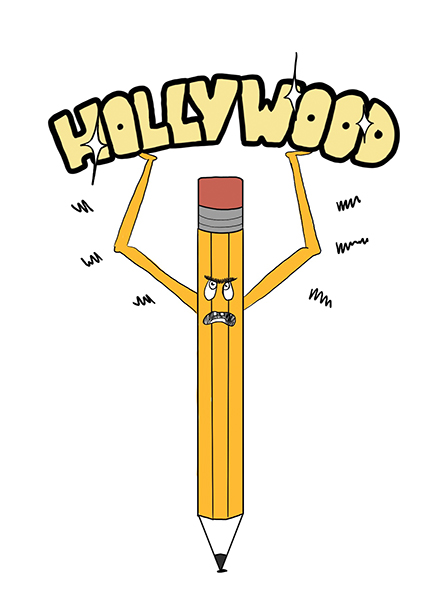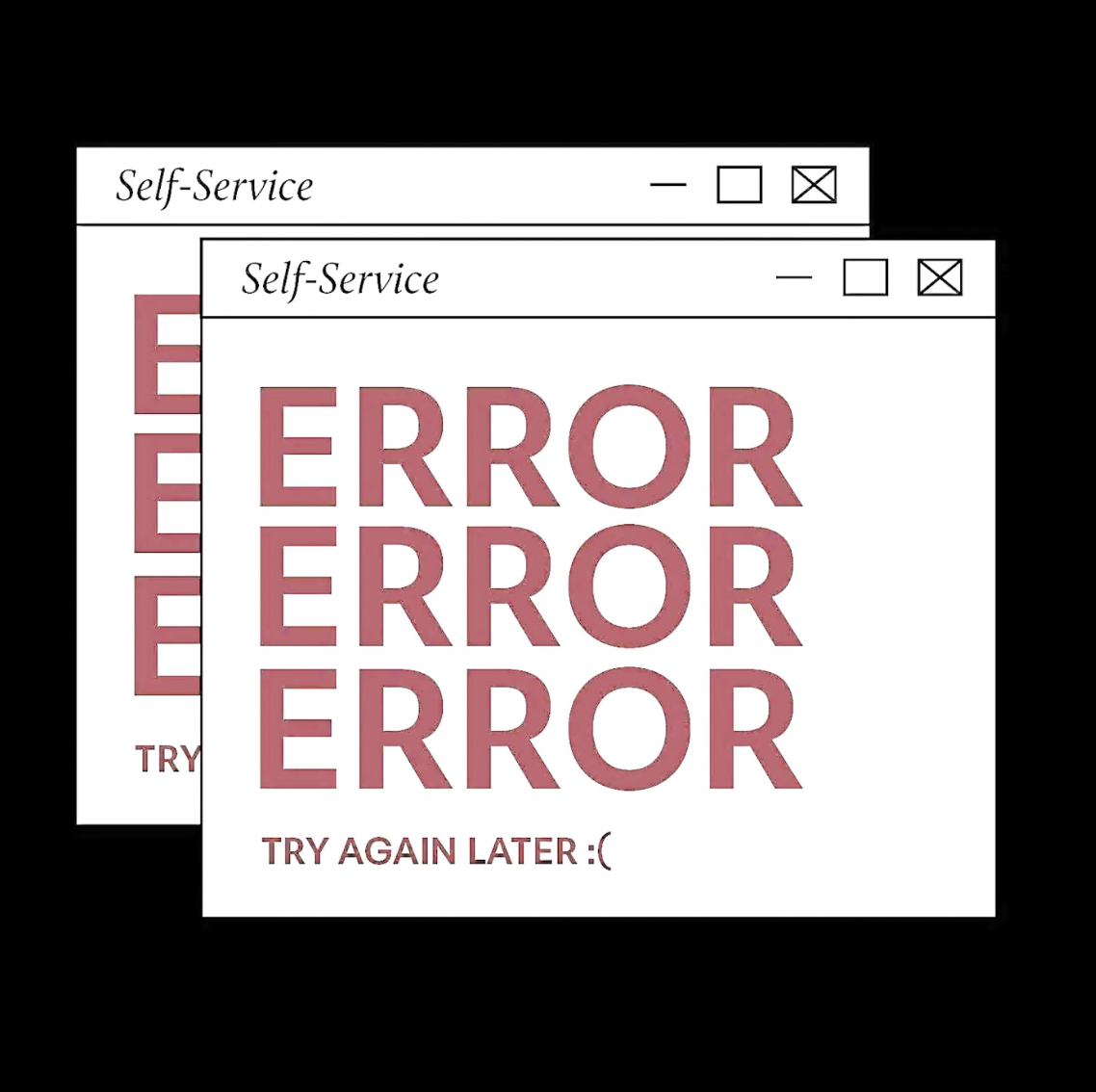We’ve had a great lineup of films so far this year. From box office hits such as “The Super Mario Bros” and “The Little Mermaid” to the cultural phenomenon “Barbenheimer”, there is no doubt audiences are anticipating the next one. Or maybe you’re wondering about that favorite show of yours with the major cliffhanger. Will they end up together? Are they going to die? Good news! You don’t have to wait much longer. After an unexpected 5 month fight at the picket lines, the writers of Hollywood have decided to pick up their pencils again. While this is exciting for audiences and writers, what exactly does this mean for the future of film and television?
The dispute began on May 2, 2023 surrounding the issue of payments. The Writers Guild of America claimed that studios have cut much of their residuals compared to past years. The aftermath of COVID-19 has left fewer employees in the workplace and led to the cancellation of several film and television show productions to compensate for basic residuals and music licensing costs. There is also an argument that artificial intelligence is attempting to replace writing positions rather than act as a tool for generating script ideas.
I commend them for their efforts. Writers are the foundation of any film or television production at hand. Yes, film and television production is a collaborative effort. You can’t have a character without an actor the same way you can’t film a scene without a camera. But without a script, there is absolutely no movie or show. Studios should not become dependent on AI for several reasons, the main being the lack of emotional provocation that a computer simply can’t accomplish. Sure, it can write a scene with basic emotion, but authenticity is where the best writing derives from. Only actual writers deserve the right to do the job in this way. It’s human nature. It is only fair and reasonable that our writers receive appropriate wages for their creative endeavors.
As a current film major and aspiring screenwriter, my initial response to this occurrence was daunting. I couldn’t imagine the new writers who were just breaking into the industry waiting to have their script read only to find out that their plans were put on hold. I became so discouraged to the point where I began to question my own career choices. I knew I wasn’t alone on the subject of the matter. This has become a relevant conversation in the film and television community. However, I realized all hope was not lost.
Independent filmmaking seems to be becoming more of a trend. With successful receptions from “Moonlight,” or “Everything, Everywhere, All At Once,” it seems that audiences have started to find enjoyment in them. Why could this be? Nowadays, most Hollywood film studios have become focused on creating the next biggest blockbuster. This is especially evident in Hollywood’s dominance of movie franchises such as Marvel Cinematic Universe, Fast and Furious, and Jurassic Park.
Studios spend excessive amounts of dollars on props, visual effects, and other components than they really need to, ultimately not making a large profit if any. The recent release of the latest installment of the Indiana Jones franchise, “Indiana Jones: Dial of Destiny,” is a great example of this flawed concept. Let’s be honest: Did audiences really want to see another Indiana Jones film? Not to mention, there are fewer movie-goers post-pandemic. It was a “box office bomb”, and Disney saw a loss of $100 million. Indie films have to work around the idea of being incredibly flashy and showy. Due to having a smaller budget, independent films have to depend on a story’s emotional appeal that resonates with the audience in order to generate cash. In my movie watching experience, I’ve found that simplistic visuals and camera movements can be charming if there is a quality story to complement it. A great story can make a great movie.
Thankfully, the WGA has come to an agreement with the studios, so we can expect to see production of projects resume soon. Our writers deserve to get paid and live in decency. However, the actors of Screen Actors Guild-American Federation of Television and Radio Artists are still stuck at the picket lines. We can only hope the strike lives up to the fate of our writers very soon. Until then, the writers will no doubt continue to support the people that bring their scripts to life. I truly hope we see a trend of more independent films in the near future. It’s what the people what, and personally what I am looking forward to. As for the future of Hollywood, I hope it can repair itself and become a better industry. But with the recent release of the billion dollar box office hit, “Barbie,” there is a possibility for a wave of another overly expensive budget movie franchise with Mattel. There is a possibility that the harmful trend continues. Could Hollywood learn from their mistakes, or will it plummet from here?




















